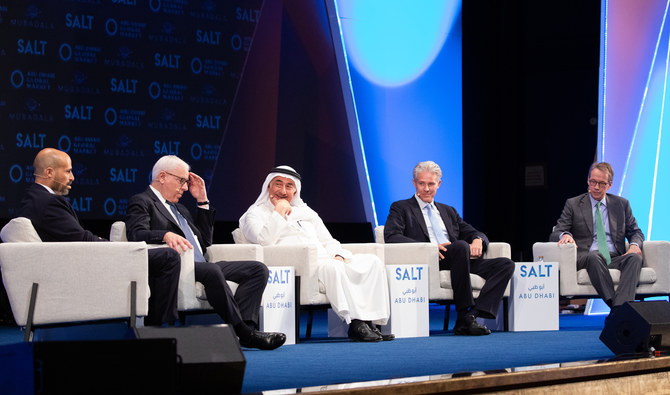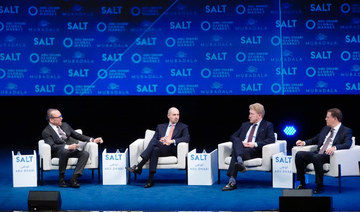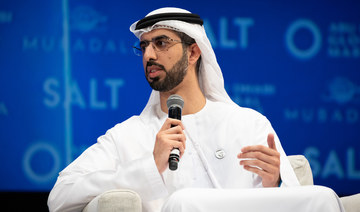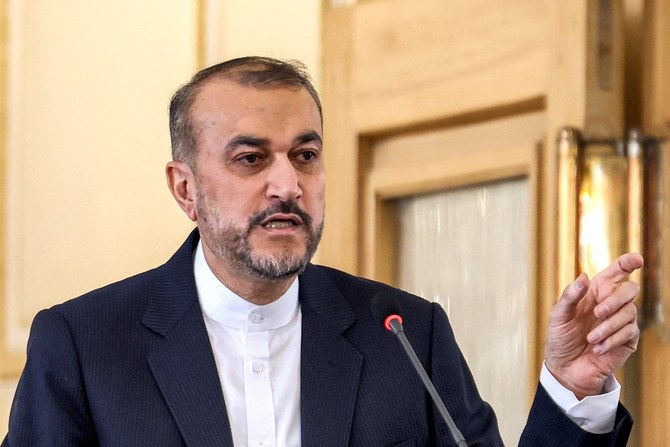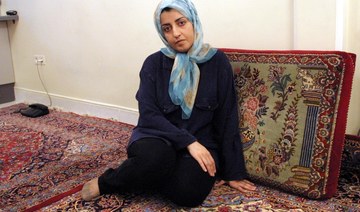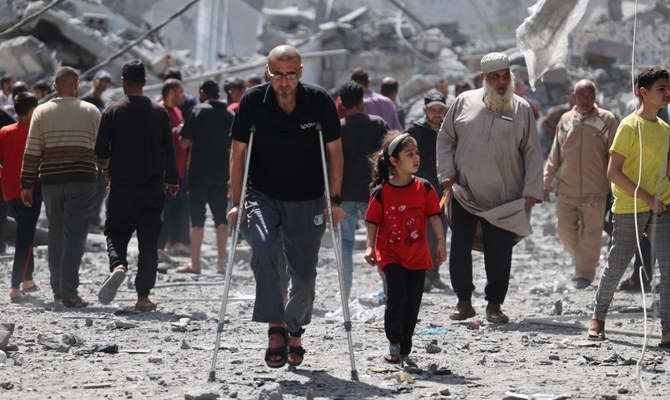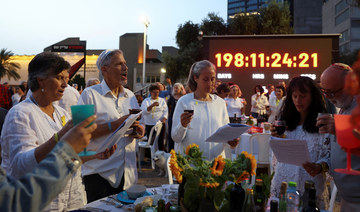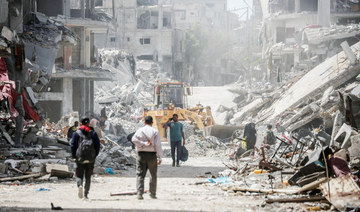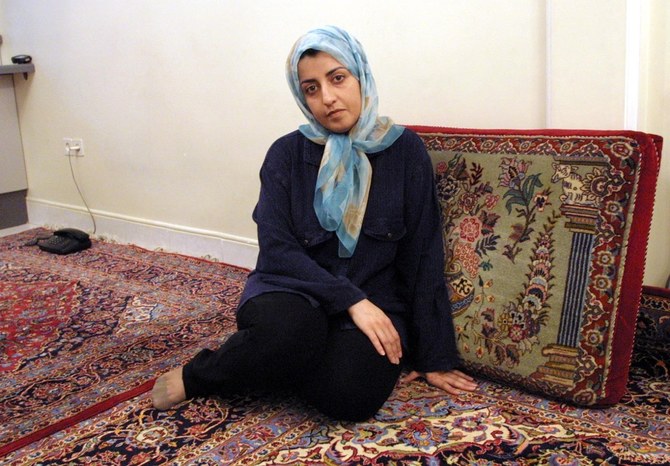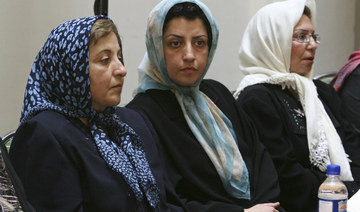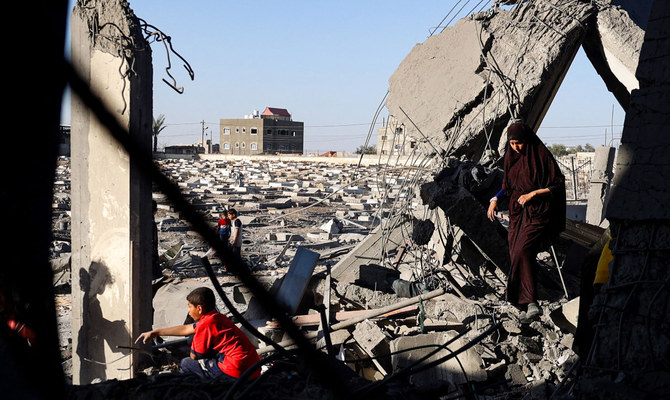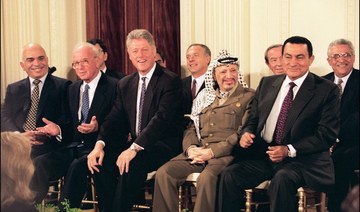DUBAI: On a day that Saudi Aramco shares opened at SR35.2 ($9.39) at the Riyadh’s Tadawul stock exchange, Ammar Al-Khudairy, chairman of Samba Financial Group, one of the banks managing the deal, made three main forecasts for the region’s economy.
“We will see capital markets doing better, which means private equity will start making some money again,” he said during a panel discussion on “the future of private investing” at the SALT conference in Abu Dhabi on Wednesday.
Al-Khudairy’s second forecast was some “bifurcation of private investing,” followed by private infrastructure. “Saudi Arabia has been talking about privatization, both greenfield and brownfield, for three years,” he said, adding that the government has piloted some projects and is working on a “very aggressive plan” to privatize 21 water-related assets and several thousand schools in 2020.
He said China is one of the top two or three relationships globally for Saudi Arabia, despite the few Chinese investments seen in the Kingdom.
While many experts say that private equity is enjoying a “golden era” in the West, the same cannot be said about the Middle East.
Recalling a time before the 2008 financial crisis, Al-Khudairy said there were 92 to 93 announced PE firms and PE funds then. “Today, we have six,” he said, attributing the figure to the unfavorable market in the region.
“If we look at Saudi Arabia, the biggest market in the region, it has been breaking even for the past five years,” he said, adding that the MENA region has had a total return of 4 percent during the same time.
As for the Aramco local initial public offering, Al-Khudairy said: “There was a last-minute call to make Aramco IPO a local IPO. So there was no proactive marketing outside the region.”
Aramco shares opened at 10 percent above their IPO price of SR32, reaching a record $26.5 billion on their first day.
Al-Khudairy noted that as a part of the final allocation, 23 percent went to non-Saudi entities and 37 percent went to institutional investors in Saudi Arabia.
“But a lot of it (international) is Gulf and also some American and European and Chinese money.”
Saudi Arabia was also the focus of remarks by David Rubenstein, co-founder and co-executive chairman of the Carlyle Group, in the same session on the final day of the Middle East’s first Salt conference.
The Carlyle Group is one of the world’s largest and most successful investment firms with $212 billion of assets.
Rubenstein said considering Saudi Arabia’s size, it will continue to have “attractive opportunities” beyond the oil and gas sector.
As an investor, he saw the Arab world as made up of four main areas, with the GCC emerging as the only one with attractive prospects. The Levant has experienced years of conflict and violence, while North Africa is known for the Arab Spring and, like Turkey, is blighted by uncertainties.
That does not mean the GCC region is not without its challenges. According to Rubenstein, the first is a lack of government-owned properties and private-owned estates for sale, which he attributed to the high number of family-owned business in the region that lack the incentive to sell.
“A lot of the money that has been invested here is money that is already in the MENA region,” Rubenstein said, adding that it could take some time before a large number of private equity firms are seen in the GCC.
Attracting Western capital is the second challenge, whether from the US, Western Europe or even Asia, which Rubenstein said is linked to public perceptions about the MENA region.




